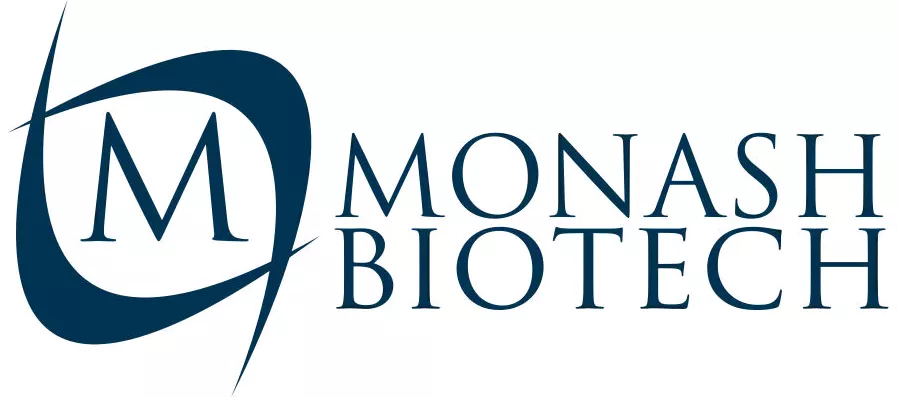Intracytoplasmic Sperm Injection
Infertility affects millions of couples worldwide, with male factor infertility accounting for nearly 50% of cases. Intracytoplasmic Sperm Injection (ICSI) is a groundbreaking assisted reproductive technology (ART) that has revolutionized fertility treatments, helping men with severe sperm issues achieve biological parenthood.
If you're looking for a detailed, expert-backed guide on ICSI—its process, benefits, success rates, and risks—you’re in the right place!
🔬 What is Intracytoplasmic Sperm Injection (ICSI)?
ICSI is an advanced IVF (In Vitro Fertilization) technique where a single, high-quality sperm is injected directly into an egg to achieve fertilization. Unlike conventional IVF, where thousands of sperm are placed near an egg to fertilize naturally, ICSI bypasses natural barriers, making it ideal for male infertility cases.
Why is ICSI Used ?
ICSI is recommended when there are issues with:
✅ Low sperm count (Oligospermia) – Fewer sperm in the ejaculate.
✅ Poor sperm motility (Asthenozoospermia) – Sperm cannot swim efficiently.
✅ Abnormal sperm shape (Teratozoospermia) – Misshapen sperm affect fertilization.
✅ Azoospermia (No sperm in semen) – Sperm is surgically retrieved from the testicles.
✅ Previous IVF Failures – When eggs failed to fertilize with standard IVF.
✅ Frozen Sperm Use – Ideal for couples using sperm cryopreservation.
✅ Unexplained Infertility – When traditional IVF hasn’t worked.
⚙️ How Does the ICSI Process Work?
The ICSI procedure is performed as part of an IVF cycle and involves the following steps:
1️⃣ Ovarian Stimulation & Egg Retrieval
The female partner undergoes hormonal stimulation to develop multiple eggs.
Mature eggs are retrieved using a minor surgical procedure.
2️⃣ Sperm Collection & Selection
A semen sample is provided or sperm is extracted surgically (in cases of azoospermia).
The best sperm are selected using microscopic evaluation.
3️⃣ Microinjection (ICSI Procedure)
A single, high-quality sperm is directly injected into an egg using a microscopic needle.
4️⃣ Embryo Development & Culture
The fertilized egg (zygote) is monitored for 3–5 days as it develops into a healthy embryo.
5️⃣ Embryo Transfer
A high-quality embryo is transferred into the woman’s uterus for implantation.
Extra embryos can be frozen for future use.
6️⃣ Pregnancy Test
A blood test (hCG test) confirms pregnancy after 10–14 days.
🎯 Benefits of ICSI Over Conventional IVF
✅ Higher Fertilization Rates – Bypasses natural sperm selection barriers.
✅ Best for Male Infertility – Ideal for men with severe sperm issues.
✅ Works with Frozen Sperm & Eggs – Useful in fertility preservation cases.
✅ Can Overcome Fertilization Failure – Suitable for previous failed IVF cycles.
✅ Increases Pregnancy Chances – Especially for couples struggling with conception.
📊 ICSI Success Rates: What to Expect?
The success of ICSI largely depends on factors such as egg quality, sperm health, and maternal age. Here’s an estimated breakdown:
Age Group | ICSI Success Rate (Per Cycle) | ||
Under 35 | 50-60% | ||
35-37 Years | 40-50% | ||
38-40 Years | 30-40% | ||
41+ Years | 15-25% |
🔹 ICSI does not guarantee pregnancy, but it significantly improves the chances of fertilization compared to conventional IVF.
⚠️ Risks & Considerations of ICSI
While ICSI is safe and widely used, there are a few risks to consider:
🔸 Egg Damage – The microinjection process may damage some eggs.
🔸 Fertilization Failure – In rare cases, even after injection, fertilization may not occur.
🔸 Embryo Development Issues – Some embryos may stop growing due to genetic factors.
🔸 Ethical Concerns – Since ICSI bypasses natural sperm selection, some worry about passing genetic issues to offspring.
💡 Genetic Screening (PGT) can be performed before implantation to detect abnormalities.
💡 Who is ICSI Best For?
ICSI is highly recommended for couples experiencing:
✔ Severe male infertility (low count, poor motility, or abnormal morphology).
✔ Azoospermia (no sperm in semen, requiring testicular sperm extraction).
✔ Previous IVF failure with conventional fertilization.
✔ Fertilization issues due to unexplained infertility.
✔ Couples using frozen sperm or eggs.
If you or your partner struggle with male infertility, ICSI could be the best solution to achieve pregnancy.
📝 FAQs About ICSI
❓ Is ICSI more successful than traditional IVF ?
✔ Yes! ICSI has a higher fertilization rate, especially for male infertility cases. However, overall pregnancy success depends on multiple factors like egg quality and uterine health.
❓ Can ICSI be used with frozen eggs and sperm ?
✔ Absolutely! Frozen sperm and eggs are commonly used in ICSI, making it ideal for fertility preservation.
❓ Does ICSI increase the risk of genetic disorders ?
✔ There is a slightly higher risk (1-2%), but PGT (Preimplantation Genetic Testing) can screen embryos before implantation.
❓ How much does ICSI cost ?
✔ ICSI is more expensive than traditional IVF, with costs ranging from $12,000–$20,000 per cycle, depending on location and clinic expertise.
❓ What happens if ICSI fails ?
✔ If ICSI fails, doctors may recommend additional cycles, lifestyle changes, or consider donor sperm in severe cases.
🔎 Is ICSI the Right Fertility Treatment for You ?
ICSI has transformed fertility treatments, making biological parenthood possible for many men with infertility challenges. If you or your partner struggle with low sperm count, motility issues, or past IVF failures, ICSI may be the best option.
💡 Want to learn more about ICSI and other fertility treatments? Explore our blog for expert insights, real success stories, and the latest advancements in reproductive medicine! 🚀
Our Products
Blastomere Biopsy Micropipettes
Holding Micropipettes
Injection Micropipettes
Polar Body Biopsy Micropipettes
Trophectoderm Biopsy Micropipettes Bevelled
Trophectoderm Biopsy Micropipettes Flat
Support
Customer Support
Frequently Asked Questions
Chat Support
Chat on FaceBook Messenger
Helpful Resources
Privacy Policy
Please note that the 3D models displayed on this website are for illustrative purposes only. Actual product dimensions, colors, and finishes may vary. These models should not be considered a precise or guaranteed representation of the final product.
© 2025 Monash Biotech. All Rights Reserved.
Designed & Developed by Goafreet Company


